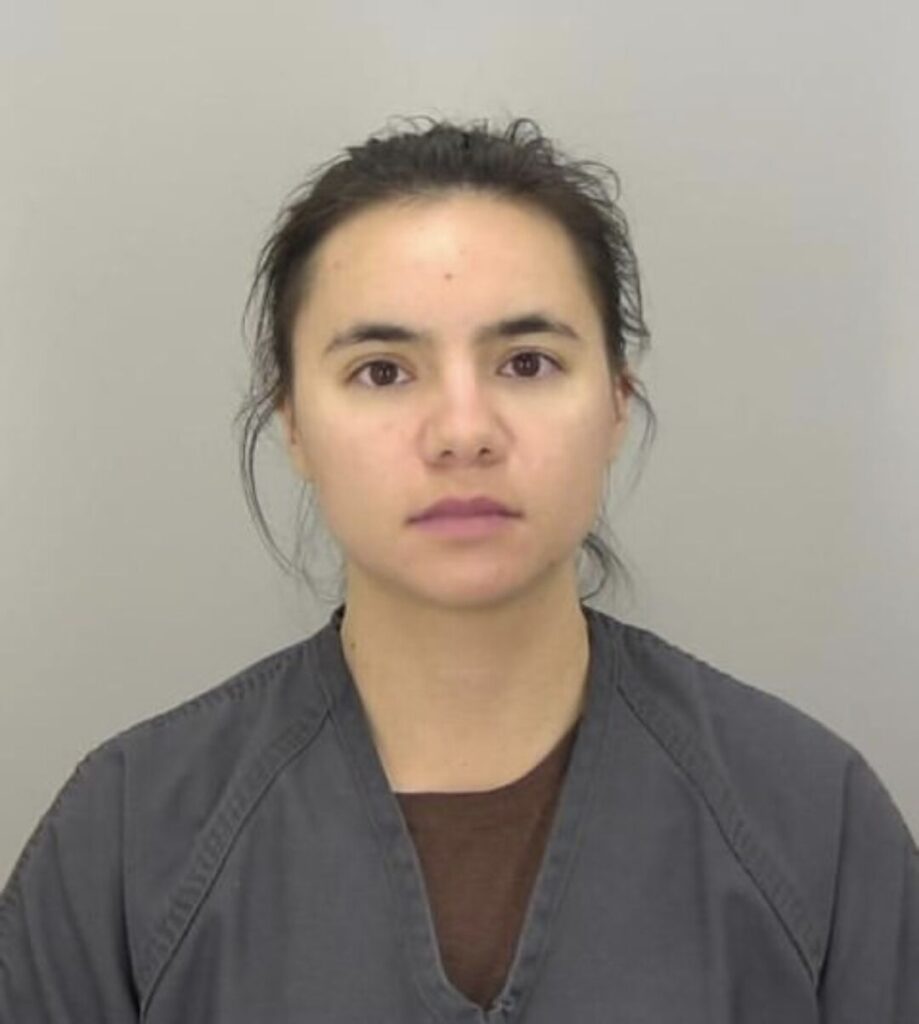Appeals court clarifies attorneys may ‘borrow’ allegations from other litigation when filing suit
Colorado’s second-highest court on Thursday made it easier for plaintiffs to bolster their civil claims, concluding attorneys are not forbidden from using allegations in other litigation in their own complaints.
Under Colorado’s rules for civil cases, attorneys must attest that the complaints they file are well-grounded in fact to the best of their “knowledge, information, and belief formed after reasonable inquiry.” But what if a lawyer can make their case stronger by importing allegations from other legal proceedings involving the same defendant? Do they have to speak with the witnesses who made the allegations in those cases, too?
Not necessarily, ruled a three-judge panel for the Court of Appeals.
Dean Houser sued CenturyLink and its directors based on allegations the telecommunications company violated federal securities law by failing to publicly disclose deceptive charging practices at the time of its merger with Level 3 Communications, Inc.
After a trial judge dismissed Houser’s original complaint and the Court of Appeals reinstated it, Houser amended the lawsuit to include allegations of CenturyLink’s conduct gleaned from multiple states’ attorney general investigations and other litigation. In accordance with Colorado’s civil rules, Houser’s attorneys attested they had reviewed federal filings, press releases, earnings calls, media reports and had discussions with lawyers in the other civil proceedings.
After CenturyLink pointed out Houser’s attorneys had imported his allegations from elsewhere, Boulder County District Court Judge Dea M. Lindsey refused to consider those portions of the complaint. She believed Houser’s counsel “made no reasonable inquiry as to substantiate allegations contained in separate complaints.” Omitting the disputed portions, Lindsey dismissed the lawsuit after deeming the remaining allegations insufficient to show CenturyLink was liable for violating federal law.

A CenturyLink installation trucks parked in Cheyenne, Wyoming.
Colorado’s Court of Appeals had never addressed the exact circumstances of Houser’s lawsuit, which implicated the concept of “borrowed plausibility.”
Marcus Gadson, an assistant law professor at North Carolina’s Campell University outlined in a 2021 law review article the federal courts’ treatment of plaintiffs who rely on materials from other parties’ legal filings to construct plausible lawsuits that can withstand motions to dismiss. Gadson raised the example of a Black woman who is fired from her job and uses findings about her company’s discrimination from a federal civil rights investigation and complaint to support her own legal claims.
“Many courts would find that the complaint’s plausibility came from the wrong source, remove the plausible allegations from the complaint, and then dismiss the complaint as implausible,” he wrote.
Gadson elaborated that many plaintiffs in the early stages of litigation are unable to pursue expensive and time-consuming discovery of evidence in the defendant’s possession. Third-party materials, including government investigations funded by tax dollars, should be fair game, he argued.
“Should a defendant be able to edit a plaintiff’s plausible complaint into an implausible one? We would all answer, ‘no.’ We would likely all share the intuition that this is unfair,” Gadson added. “Yet that is precisely the outcome we can expect, so long as we countenance motions to strike based merely on a plaintiff’s borrowed plausibility.”

DENVER, CO – OCTOBER 26: Judges John Daniel Dailey, left, W. Eric Kuhn, and Stephanie E. Dunn, right, listen to arguments at the Colorado Court of Appeals in the Ralph L. Carr Colorado Judicial Center on October 26, 2021 in Denver, Colorado. (Photo By Kathryn Scott)
During oral arguments before the Court of Appeals, Houser’s attorney maintained he did not simply copy and paste allegations from other proceedings involving CenturyLink, but rather conducted research and verification at a higher level.
“As a practical matter, if you had to personally speak to every witness, how would that work? If Bloomberg runs an article, Wall Street Journal,” said attorney Francis A. Bottini Jr., “do you need to speak to the Wall Street Journal reporter? Do you need to speak to every person quoted?”
CenturyLink’s lawyer responded that it would be backwards for a lawyer to cite a witness’ allegations from another case first, only to later interview them to determine whether the allegations are true.
“And if you’re dealing with a former employee who’s providing those actual facts — ‘I spoke to defendant X. I told them Y’ — but you don’t have any contact, you don’t know who they are, you’ve never spoken to them,” said attorney Sameer Advani, “how can you possibly certify and attest that these are well-grounded in fact?”
Judge Steve Benard, in the appellate panel’s Aug. 22 opinion, acknowledged federal courts have reacted differently to the idea of borrowing plausibility. One federal judge in Indiana, for example, believed it did not matter if a set of borrowed allegations turns out to be true, writing, “A shot in the dark is a sanctionable event, even if it somehow hits the mark.”

Relying on Gadson’s law review article and concerns that some plaintiffs may be deterred from even filing suit if they cannot avail themselves of other legal proceedings against the same defendant, the panel declined to adopt the hardline approach of some judges.
Houser’s lawyers “undertook an independent investigation, although the investigation did not include speaking with the confidential witnesses,” Bernard wrote. Houser’s attorneys were not required to investigate afresh the allegations from elsewhere, and they did not rely solely on the other legal proceedings for his claims.
To the extent lawyers might import false allegations from other lawsuits into their own complaints, “Colorado law provides for appropriate sanctions,” noted Bernard.
The panel returned the lawsuit to the trial court for Lindsey to re-evaluate the motion to dismiss without bypassing large swaths of the allegations.
The case is Houser v. CenturyLink, Inc. et al.











